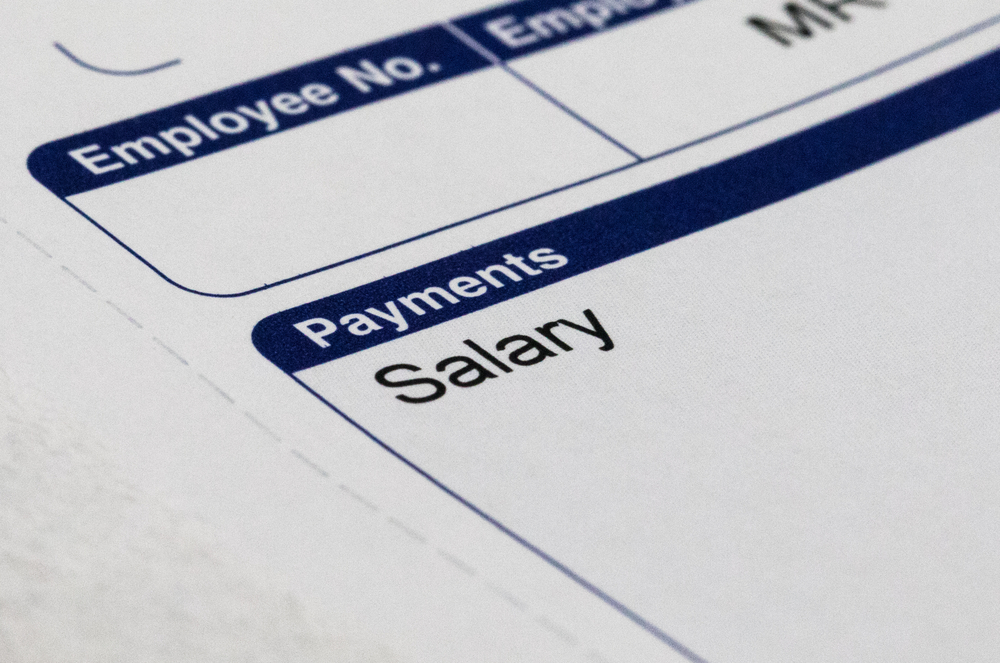Retailer Gnanenran Arumugam, trading as Lavender Convenience Store in Cheshire East, failed to pay £2,335.88 to 1 worker.
Investigated between 2016 and 2018, the 139 named companies failed to pay £6.7m to more than 95,000 workers in total.
Other food stores named were:
- Tesco Stores Limited, Welwyn Hatfield AL7, failed to pay £5,096,946.13 to 78,199 workers.
- Worldwide Foods (Birmingham) Limited, trading as Al-Halal Supermarket, Birmingham B10, failed to pay £8,062.88 to 1 worker.
Business minister, Paul Scully, said: “Paying the minimum wage is not optional, it is the law. It is never acceptable for any employer to short-change their workers, but it is especially disappointing to see huge household names who absolutely should know better on this list.
“This should serve as a wake-up call to named employers and a reminder to everyone of the importance of paying workers what they are legally entitled to.
“Make no mistake, those who fail to follow minimum wage rules will be caught out and made to pay up.”
Bryan Sanderson, chair of the Low Pay Commission, added: “There can be no excuses for non-compliance with the minimum wage rates. The annual changes are well publicised six months in advance following a well-understood process.
“Those affected are among the neediest and vulnerable in our country – the companies concerned should be deeply ashamed of their performance.”
One of the main causes of minimum wage breaches was low-paid employees being made to cover work costs, which would eat into their pay packet, such as paying for uniform, training or parking fees.
Also, some employers failed to raise employees’ pay after they had a birthday which should have moved them into a different National Minimum Wage bracket.
Employers who pay workers less than the minimum wage have to pay back arrears of wages to the worker at current minimum wage rates. They also face hefty financial penalties of up to 200% of arrears – capped at £10,000 per worker – which are paid to the government.
Each of the companies named have paid back their workers, and were forced to pay financial penalties.
 Talking Retail Grocery and product news for independent retailers
Talking Retail Grocery and product news for independent retailers






